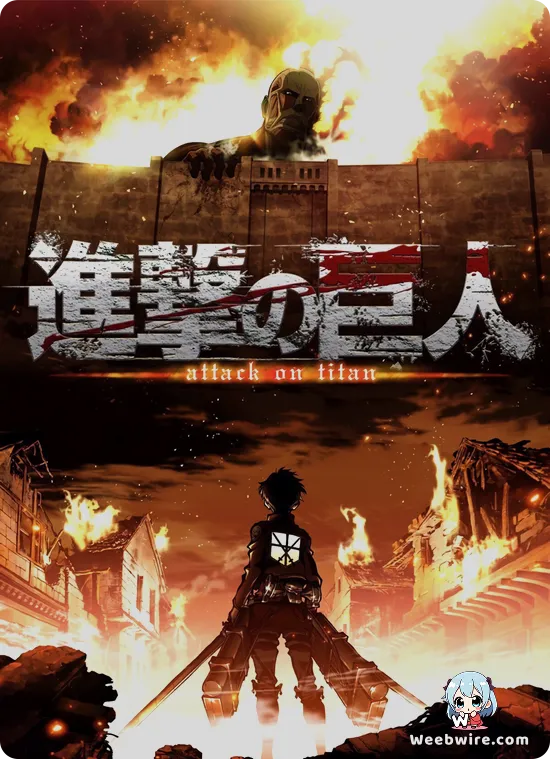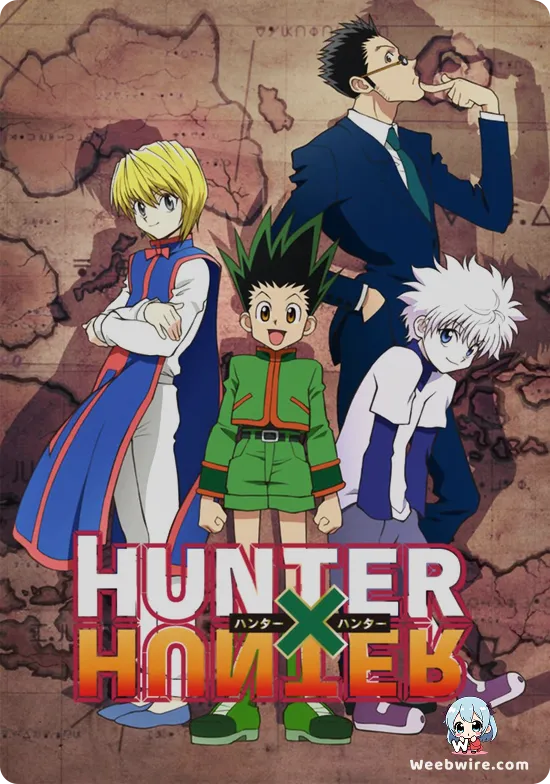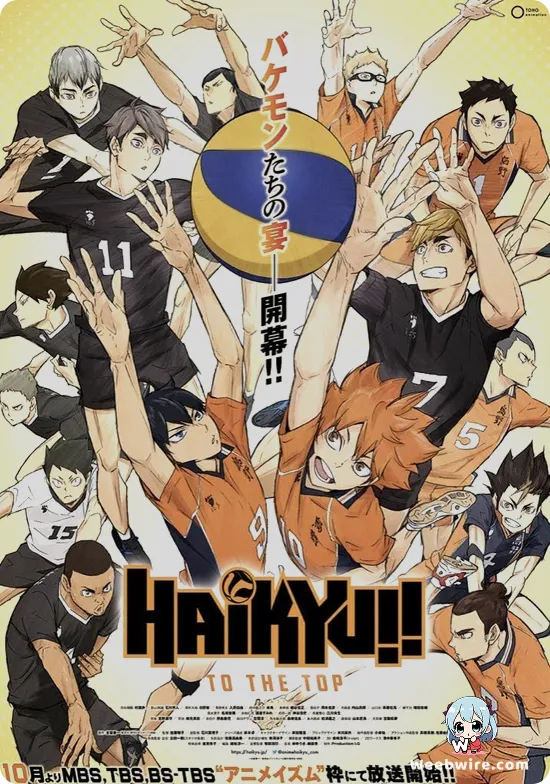Beyond the Finale: Unearthing the Creative Secrets of 'Eden of the East the Movie II: Paradise Lost'

Years after its initial debut, the captivating narrative of Eden of the East continues to intrigue audiences worldwide. Its cinematic culmination, Eden of the East the Movie II: Paradise Lost, delivers a profound conclusion, rich with intricate storytelling and deep thematic resonance. Beyond its gripping plot, the film and the entire series are a treasure trove of fascinating behind-the-scenes revelations and inspired creative decisions that merit a closer look. This exposé uncovers some of these lesser-known facets, celebrating the enduring legacy of an anime that truly defies categorization.
The Seleção Game and Societal Critique
At the heart of Eden of the East lies the enigmatic Seleção game, a high-stakes societal experiment. Twelve chosen individuals are each granted ten billion yen and tasked with the monumental mission of 'saving Japan,' facing severe penalties, including elimination, for failure or misuse. A particularly compelling aspect, culminating powerfully in Paradise Lost, is the series' incisive critique of contemporary Japanese society. It deftly addresses the 'NEET' phenomenon (Not in Education, Employment, or Training), portraying these individuals not as societal burdens but as a potentially transformative, untapped national resource.
The audacious concept that a collective of NEETs, spearheaded by the charismatic Akira Takizawa, could evolve into a formidable force for change, even establishing a sophisticated network like the 'Eden of the East' organization, offered a surprisingly optimistic and groundbreaking perspective on a critical real-world social issue. This potent message of collective potential and individual agency against entrenched apathy elevates the narrative far beyond a mere thriller.
Kenji Kamiyama's Visionary Direction
The visionary mind behind the series, Kenji Kamiyama, acclaimed for his work on Ghost in the Shell: Stand Alone Complex, infused Eden of the East with his characteristic blend of philosophical inquiry and meticulous world-building. Interestingly, while Ghost in the Shell often probes the implications of advanced technology on human identity, Eden of the East shifts its focus to how technology can serve as a potent catalyst for societal change, for both good and ill.
Kamiyama’s deliberate decision to shroud certain elements of the Seleção game in ambiguity, particularly the true nature and ultimate motives of its orchestrator, Mr. Outside, adds layers of sustained intrigue that continue to fuel fan discussions. Paradise Lost squarely confronts the repercussions of Takizawa’s radical actions and the profound cost of his attempts to reshape Japan, compelling both characters and viewers to grapple with the ethical complexities of grand-scale intervention.
Chika Umino's Distinctive Character Design
Another distinctive artistic choice was the character design by the celebrated manga artist Chika Umino. Her signature gentle aesthetic, famously showcased in Honey and Clover and March Comes In Like a Lion, might initially seem an unconventional fit for a geopolitical mystery-thriller. Yet, this pairing proved to be a stroke of creative brilliance.

Umino's designs imbue characters, often entangled in morally ambiguous and perilous situations, with an accessible, deeply human quality. This striking contrast grounds the fantastical elements of the Seleção game in a relatable reality, making the characters’ emotional arcs—especially Saki Morimi’s unwavering loyalty to Takizawa—all the more resonant. The visual warmth of the characters, set against the cold, calculating backdrop of the game, generates a subtle yet powerful tension that enriches the entire storytelling experience.
Production I.G's Meticulous Animation
Production I.G, the acclaimed animation studio responsible for this masterpiece, truly surpassed expectations. Renowned for their meticulous attention to detail and fluid animation, particularly in dynamic action sequences and realistic urban landscapes, their contribution to Eden of the East stands as a testament to their remarkable versatility. The studio’s ability to render Japan’s bustling cityscapes and the intricate technological interfaces of the Seleção system with such precision lends immense credibility to the depicted world.
A lesser-known fact highlights the extraordinary effort invested in crafting the iconic Noblesse Oblige phones. These pivotal devices, serving as both lifelines and tools for the Seleção players, were not merely plot contrivances; they were designed with an almost obsessive detail, perfectly embodying the series' core aesthetic of elegant design married with ominous power. Their sleek, minimalist form, combined with their extraordinary capabilities, cemented them as instantly recognizable symbols of the game’s pervasive influence.
Themes of Trust and Responsibility
Ultimately, the series and its cinematic conclusions, including Eden of the East the Movie II: Paradise Lost, are profoundly significant for their deep exploration of trust and responsibility. Takizawa’s initial amnesia, a crucial plot device, forces him—and by extension, the audience—to grapple with questions of identity and purpose from a clean slate. His compelling journey to recover his past while simultaneously striving to save his nation forms a powerful narrative thread.
The movie masterfully converges these threads, compelling Takizawa to confront the full ramifications of his past decisions and the immense weight of the responsibility he carries. The conclusion, without revealing its intricate specifics, offers a deeply thought-provoking resolution that challenges conventional ideals of heroism and leadership, leaving an indelible mark on viewers. The enduring allure of Eden of the East stems not only from its thrilling mystery but also from its sophisticated character development and its nuanced commentary on the true meaning of being a savior in a complex, modern world.
Credits
Eden of the East the Movie II: Paradise Lost
Author
Kenji Kamiyama
Cover Art
Chika Umino
Studio
Production I.G
Publisher
Asmik Ace Entertainment
Producers





